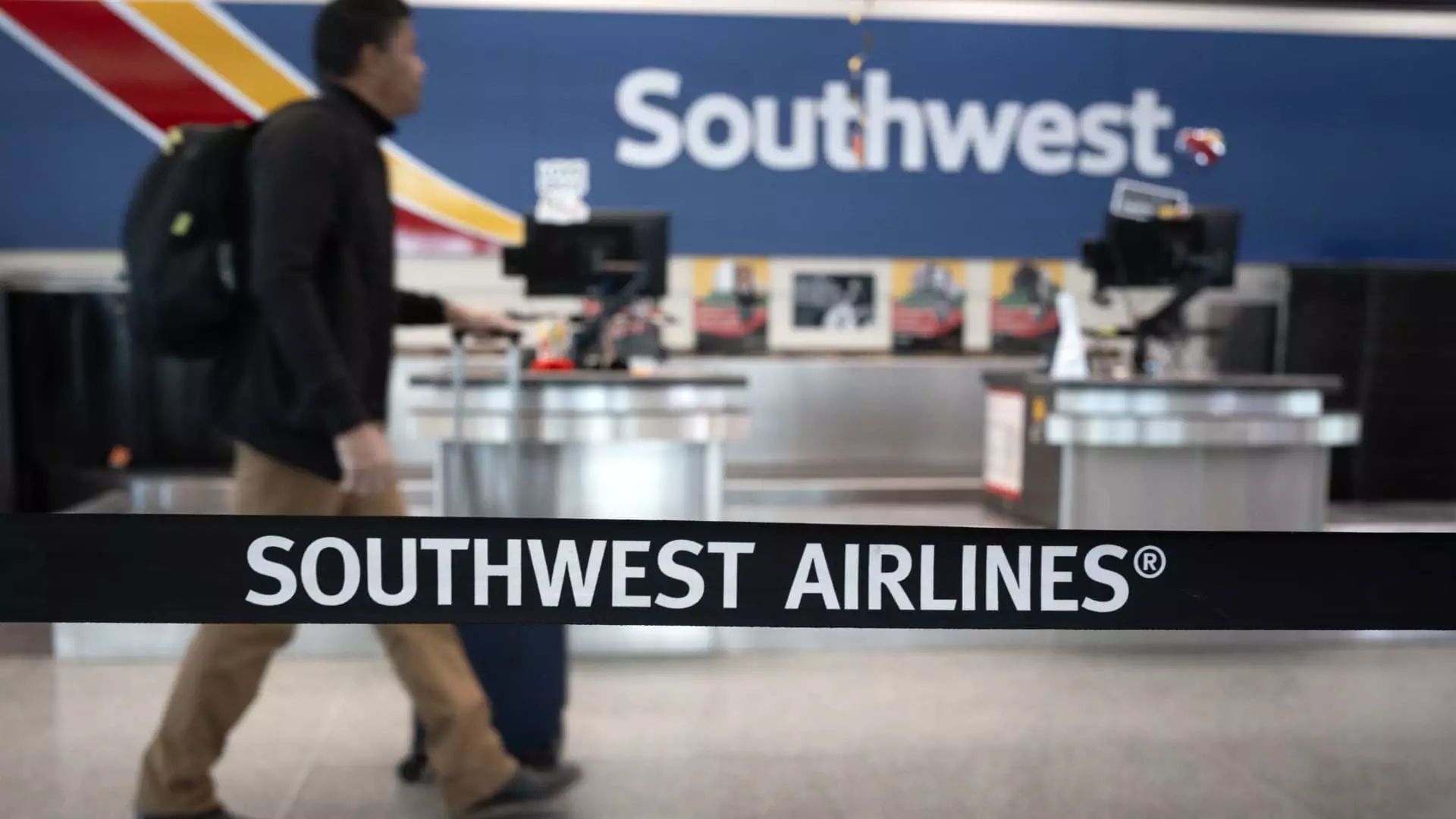In a shocking turn of events that signals a seismic shift in the airline industry, Southwest Airlines has decided to impose baggage fees, abandoning a longstanding policy that allowed travelers to check two bags at no charge. This move marks the end of an era—over fifty years of free checked luggage that distinguished Southwest from its competitors. As a customer, it’s hard not to feel betrayed; after all, this policy was a hallmark of Southwest’s brand identity, a cherished perk that fostered loyalty and pride among its passengers. With the recent barrage of changes, it seems the airline is not just altering its business model but also reshaping its relationship with the very customers that propelled it to success.
Profit Over People: The Corporate Drive
So why has this decision come to pass? One word: profit. Industry reports reveal that baggage fees racked in a staggering $7.3 billion for U.S. airlines last year alone. For an airline that has long clung to its unique selling propositions, the pressure to conform to industry norms and boost revenue has now proven insurmountable. Under the influence of activist investors like Elliott Investment Management—who have pushed for policies that favor profit margins over customer satisfaction—Southwest is seemingly pivoting away from the business principles that once earned it accolades. The pursuit of financial gain eclipses the sentimental value of customer loyalty, demonstrating an alarming trend in the airline industry where profit is prioritized above all.
The Additional Costs of “Basic Economy”
As if ending the “two bags fly free” policy isn’t enough, Southwest is introducing a slew of changes including basic-economy tickets akin to those offered by legacy airlines. Travelers opting for the new Basic fare will find themselves cornered into making sacrifices: no ticket changes, reduced boarding priority, and a far shorter fare credit expiration period. This paradigm shift reflects an alarming normalization of practices that one would assume belong to an era characterized by declining customer service. The basic economy model serves the purpose of profit maximization at the expense of the traveler who now bears the brunt of additional restrictions. This isn’t merely an industry adaptation; it’s a blatant disregard for the customer experience.
Frequent Flyers: Conditional Loyalty
Interestingly, even as Southwest enacts these changes, the airline still offers some glimmers of loyalty rewards—if you’re a top-tier member of its Rapid Rewards program or a traveler who wields a co-branded credit card. It’s a bit like playing a game with shifting rules: some will still benefit from perks, while the majority of passengers are left to navigate a maze of fees. Though the company is attempting to maintain some level of loyalty, it creates an undercurrent of elitism within the customer base, where only those who can afford to pay extra get to enjoy what was once a universal benefit. By fostering an increasingly transactional relationship with its customers, Southwest may alienate those who once cherished the airline for its homey, accessible atmosphere.
The Discontent of the Loyal Customer
Feedback from discontented travelers has been pouring in ever since the announcement, filling social media with sentiments ranging from disappointment to outright outrage. It’s evident that for many, this is not just about luggage fees; it encapsulates a fear of losing the spirit of what made Southwest Airlines exceptional. In a time when companies are encouraged to foster genuine connections with their customer base, it’s disturbing to witness Southwest opting for a path that could erode the trust built over decades.
Yet, amid swirling protests and critical comments, CEO Bob Jordan asserts that they have seen no significant decline in bookings following the announcement. This points to an unsettling reality in a world where consumers often accept poor customer service as the new norm. Are we—consumers—so desensitized that we are willing to overlook such fundamental changes until the last straw breaks?
Looking Ahead: A New Frontier for Air Travel
It’s clear that Southwest’s recent shifts reflect broader trends in the airline industry, with changes centered on profitability over service. As the airline prepares to implement these new policies, including transitioning to an assigned seating model and the introduction of premium seating options, one must wonder what the future holds for Southwest and its once-lauded commitment to customer satisfaction. If this trajectory continues, there may come a day when “flying Southwest” is synonymous with hidden fees, rigid structures, and the lost spirit of what air travel should represent: freedom.


Leave a Reply